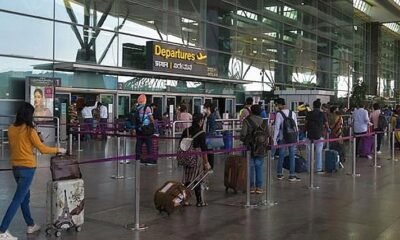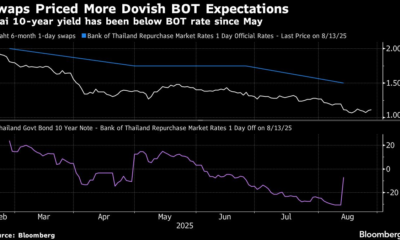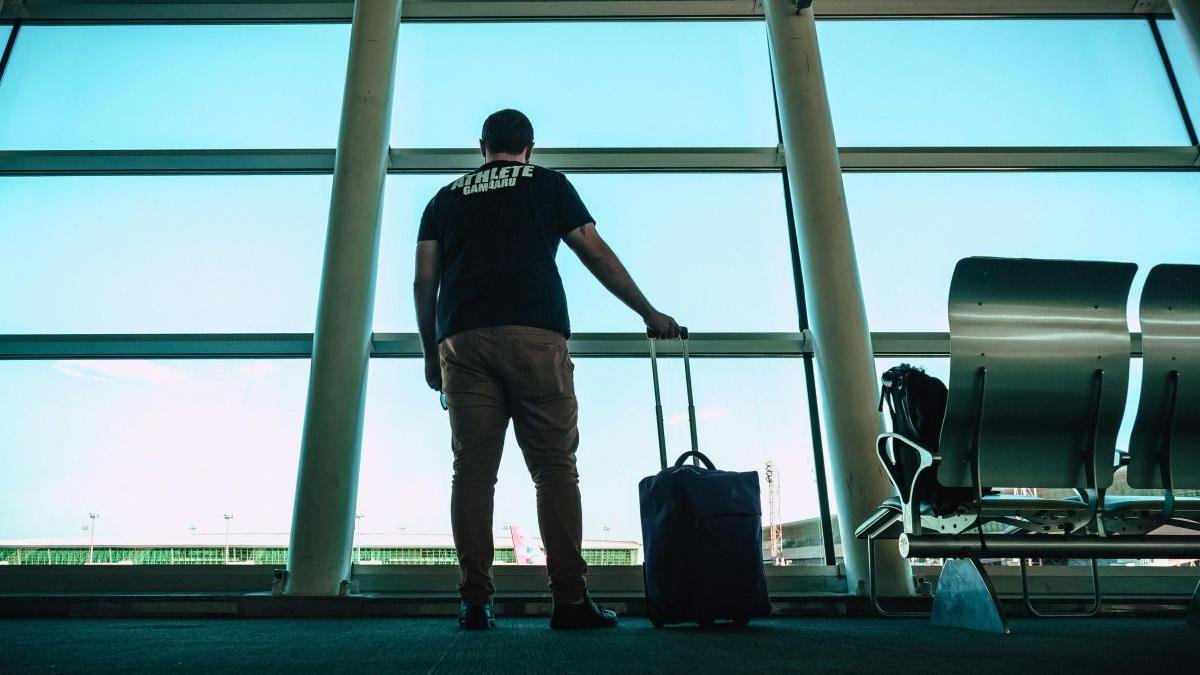Starting September 22, 2025, air travel in India will undergo a quiet but important shift in pricing, thanks to the Goods and Services Tax (GST) Council’s decision to simplify the indirect tax structure.
At its 56th meeting, chaired by Finance Minister Nirmala Sitharaman, the Council moved towards a two-tier GST system. While this makes taxation more straightforward on paper, for passengers it translates into very real changes in what you will pay for your next flight.
Under the revised structure, most goods and services will now fall into either 5% or 18% GST, while certain luxury categories will attract a much higher 40% rate.
For aviation, the impact is clear. Economy class tickets will continue to attract 5% GST, keeping mass travel affordable. But premium economy, business, and first-class seats will now face 18% GST, up from the earlier 12%.
For frequent premium travellers, especially on international or long-haul routes, this increase could make a noticeable dent in budgets.
The timing of your booking will also matter. If you buy and pay for tickets before September 22, the old GST rates apply which is 5% for economy and 12% for premium cabins even if your actual travel is later. But tickets booked and paid for on or after September 22 will be charged at the new rates.
In simple terms, paying early helps premium flyers avoid the higher tax. On the other hand, if a flight booked before the change is later cancelled, GST refunds will be processed at the original booking rate. That means if you booked a business class ticket at 12% GST, you will get a refund at that rate minus cancellation charges, regardless of the later increase.
Beyond passenger tickets, the Council has also taken steps to tighten rules on luxury aviation. Private jets and helicopters used for personal purposes will now attract a steep 40% GST, replacing the earlier 28% GST plus 3% cess. This makes the ownership and operation of non-commercial aircraft considerably more expensive, reinforcing the government’s intent to classify such use as luxury consumption.
Interestingly, while luxury aviation is being taxed heavily, the government has also offered relief in other areas, such as drones and spare parts, to encourage growth in emerging industries and strengthen supply chains. This dual approach shows a clear policy direction, to support essential and future-oriented sectors, while taxing discretionary luxury more aggressively.
For the average flyer, the good news is that economy fares remain untouched, ensuring that flying remains within reach for India’s growing middle class. For premium travellers, however, costs are going up, which could lead to a shift in demand.
Leisure travellers may think twice before booking premium cabins, while corporate flyers whose tickets are often sponsored are less likely to be affected. Airlines, meanwhile, may feel the pinch if demand for higher-margin business and first-class seats softens, forcing them to rethink pricing or enhance value with bundled perks.
In the bigger picture, these changes reflect a conscious attempt by policymakers to balance revenue needs with affordability. Economy class, seen as a necessity, remains lightly taxed, while premium and private aviation, viewed as luxury, is being asked to contribute more. For passengers, this is a reminder to plan smarter, book premium tickets before September 22 if you want to save on GST.
For the industry, it signals a period of adjustment, with potential shifts in booking patterns and pricing strategies. Economy travel remains stable and affordable, but flying premium, whether business, first, or private just got more expensive.
The GST overhaul simplifies taxation, but it also draws a sharper line between essential and luxury air travel in India.











































